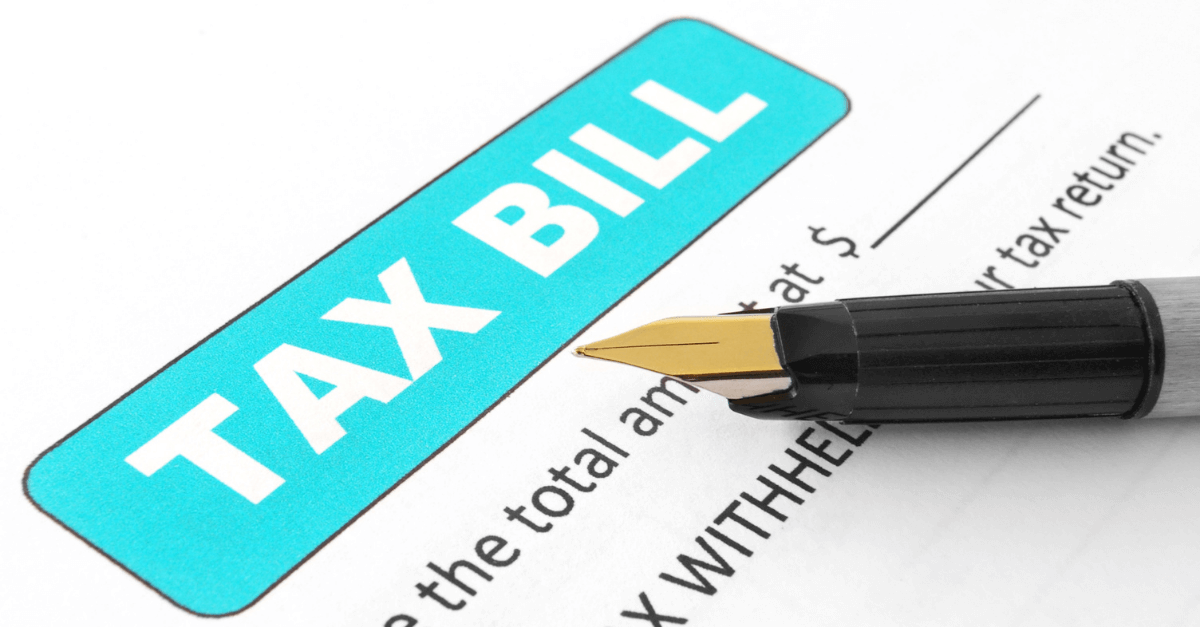When you file your income taxes, you probably expect to have already paid the taxes you owe and possibly even get a refund. It’s an unpleasant surprise to find out you owe money, especially if the amount you owe is hundreds or thousands of dollars. Here’s what to do if you can’t afford your tax bill.
Don’t Postpone Filing Your Tax Return
When you realize you owe a sizable amount of money, you may be tempted to avoid filing your return at all, but that’s not a good solution. File an extension of time to file with the IRS by the due date. Getting an extension doesn’t excuse you from paying what you owe on time, but it does avoid the additional fees that you may be charged for filing late. If you send in your tax return but not the amount you owe, interest and penalties begin to accrue on the unpaid balance. The IRS will send you a letter telling you the amount you owe plus the interest and penalties that are due.
At some point, you’ll receive a letter from the IRS demanding payment. If you ignore this letter, they have the right to put a lien against your property and to file criminal charges. If you can demonstrate hardship, you can request a six-month payment extension. You can also apply for a payment plan through the IRS which shows them you intend to pay what you owe.
Request a Monthly Installment Plan
To sign up for a monthly payment plan toward what you owe, fill out an online payment agreement application through the IRS website. If you owe less than $50,000, you can apply for either a short-term payment plan to pay your taxes over 180 days, or a long-term installment agreement that finances what you owe over a term of up to six years. It’s important to note that you may need to pay a setup fee along with accrued interest and penalties.
Borrowing Money to Pay the Bill
To avoid living with the stress of owing money to the IRS, you may want to consider borrowing money. If you own your home, you may want to apply for a home equity line of credit to finance what’s owed. You can also apply for a personal loan to pay off the balance or charge the amount owed to a credit card. Try to use a credit card with a low-interest rate. The IRS charges a processing fee if you use a credit card.
Saved Money
If you have saved money, this is a good reason to dip into it. To pay delinquent taxes, you may be able to borrow against a retirement account such as an IRA or a 401K. Borrowing against a retirement account can trigger an early withdrawal penalty so this option should be a last resort.
Your Credit Matters
An unexpected bill from the IRS and any other unplanned emergency are reasons that it’s important to be proactive about taking care of your credit. When you have good credit, you Are more likely to get a loan if you need it to cover an emergency. Part of being proactive about your credit includes checking your credit report at least annually to make sure there are no errors on it that might hurt your credit.
Dovly is an AI credit engine that can help you dispute any errors you may find on your credit report. We want to empower you to get ahead financially. Try it risk-free with our free membership tier.



